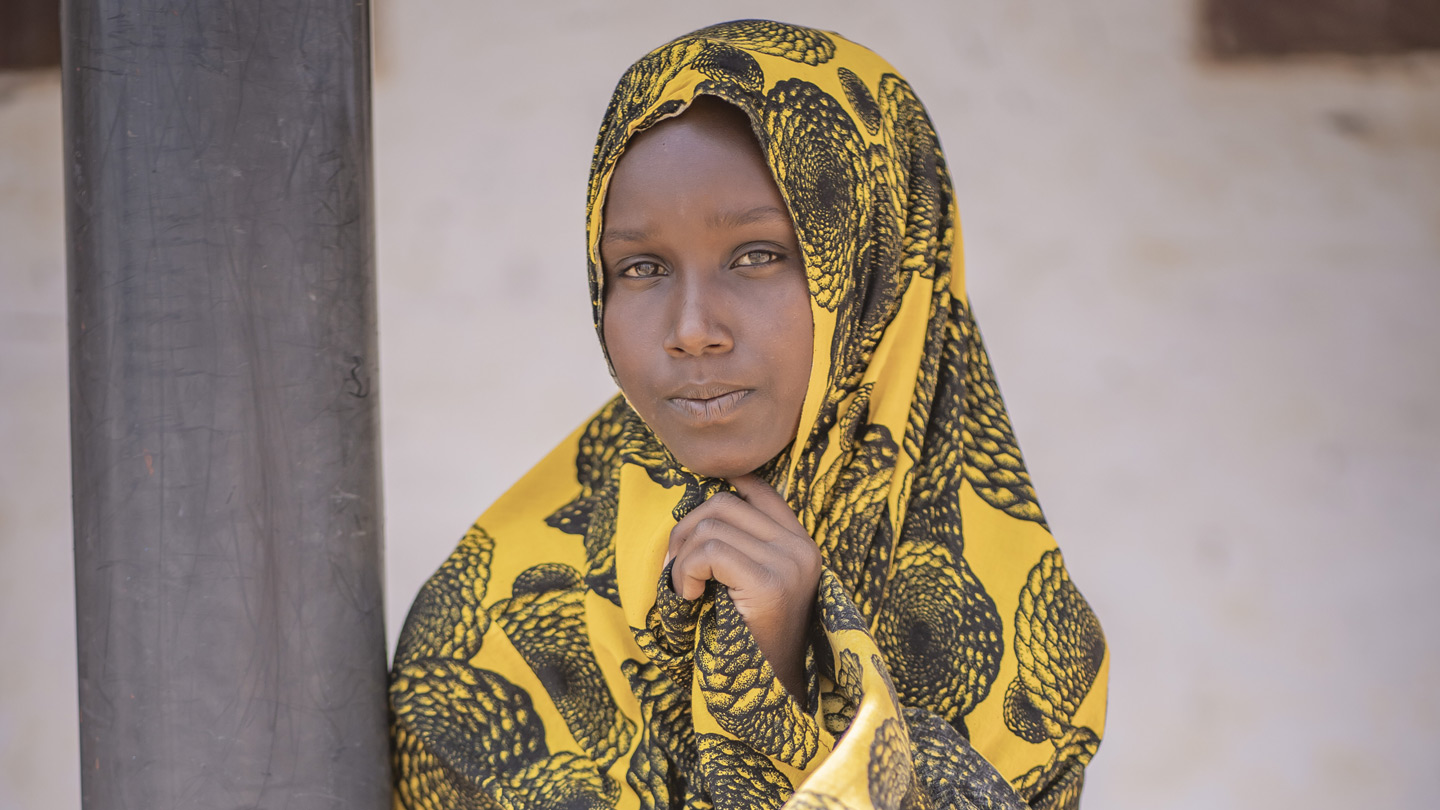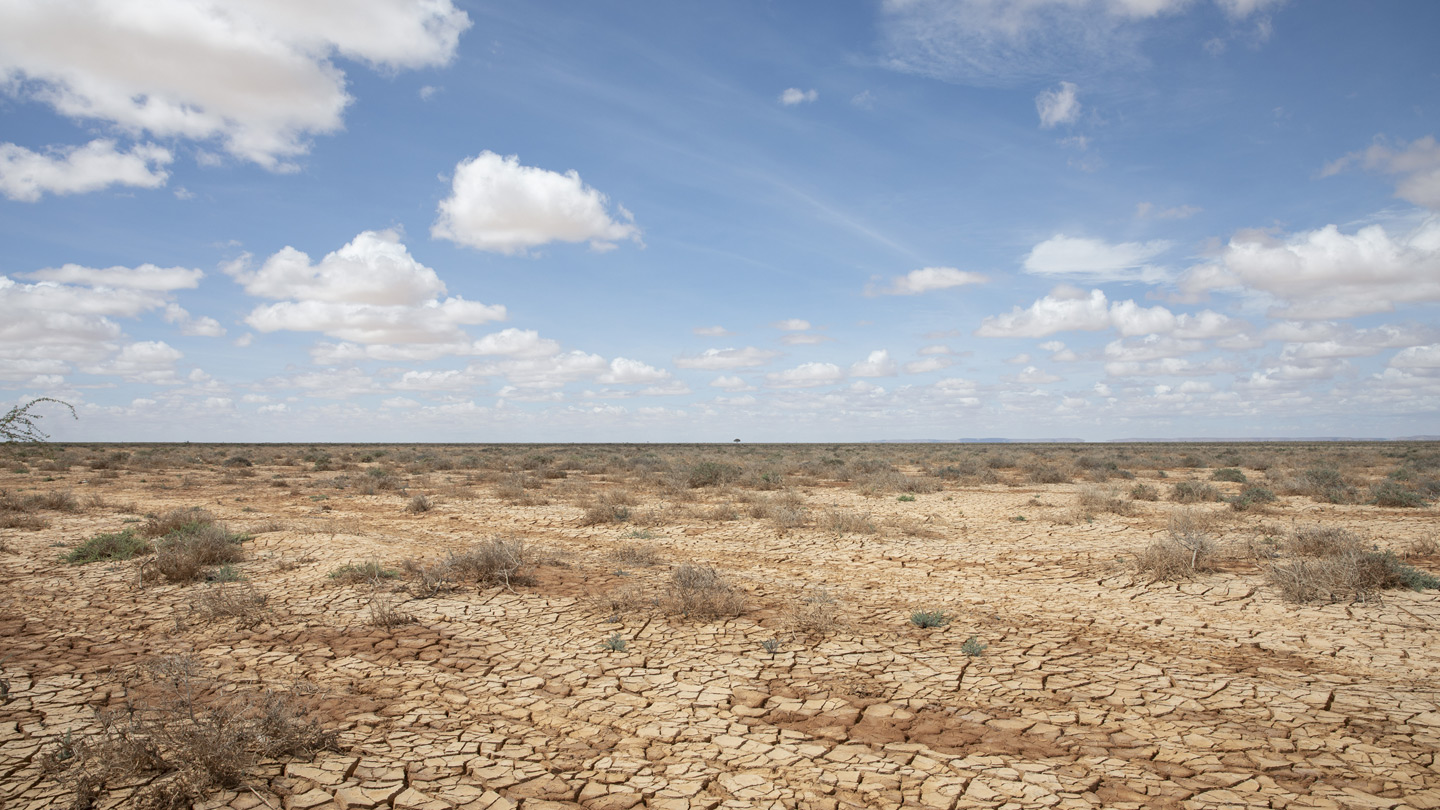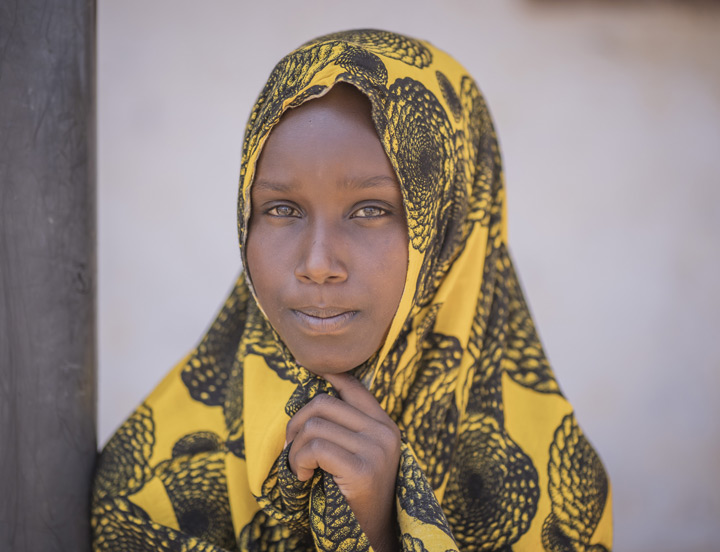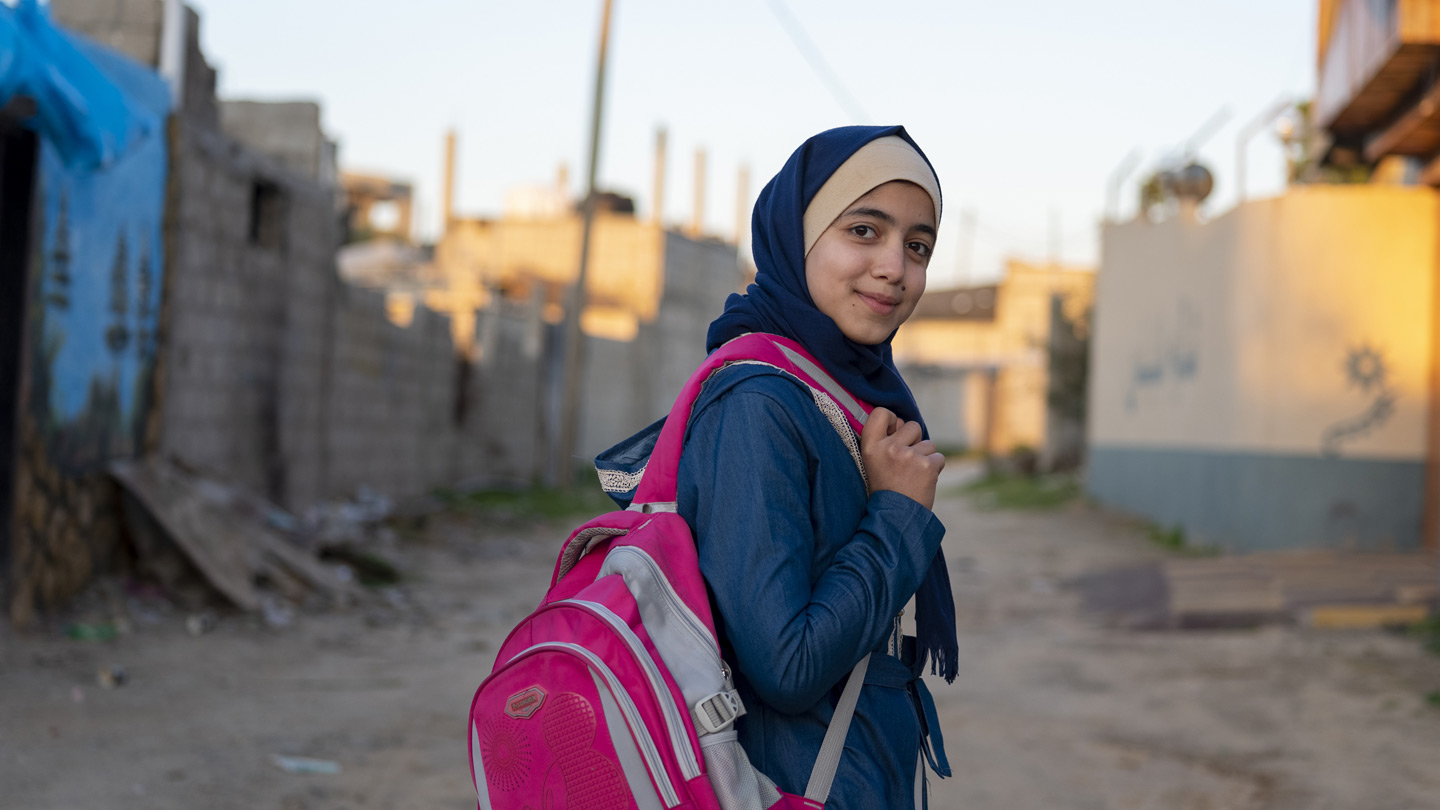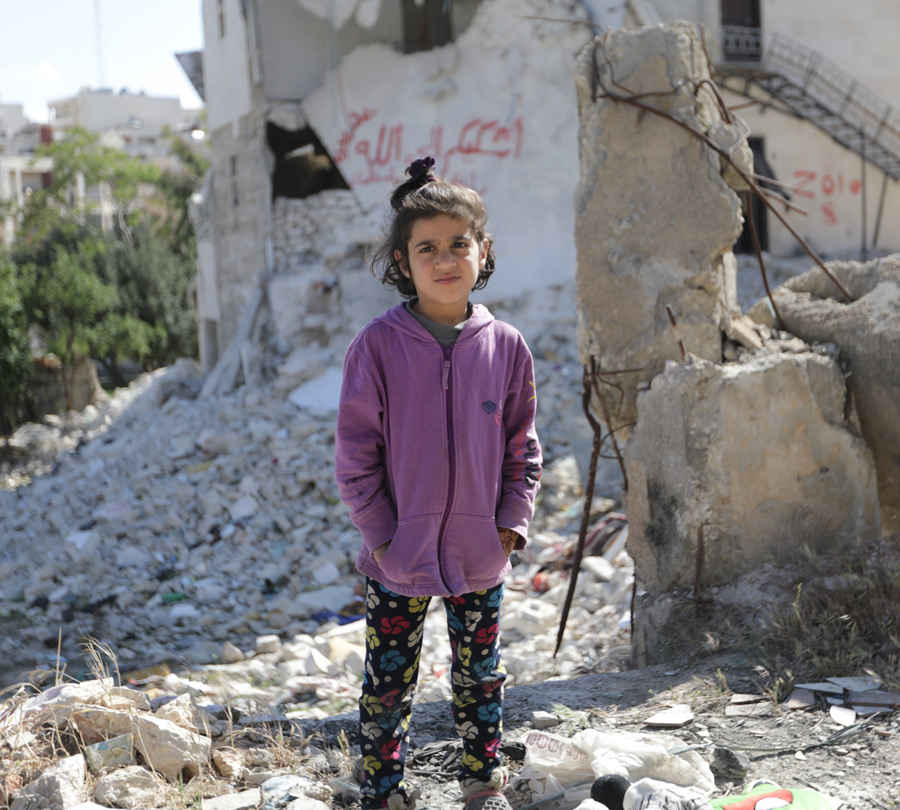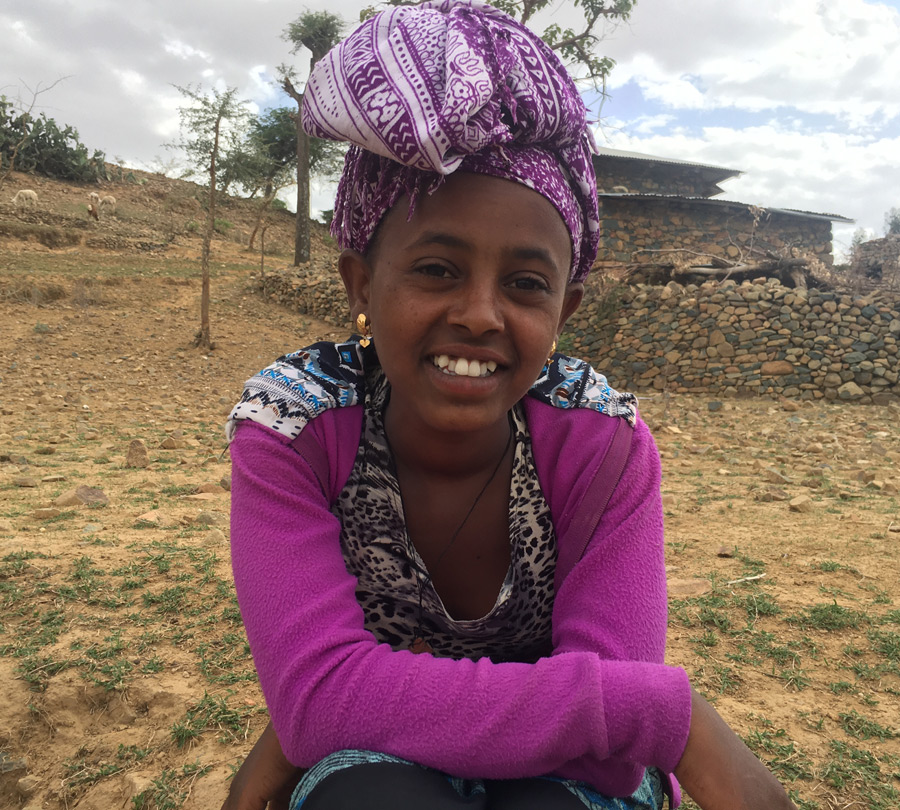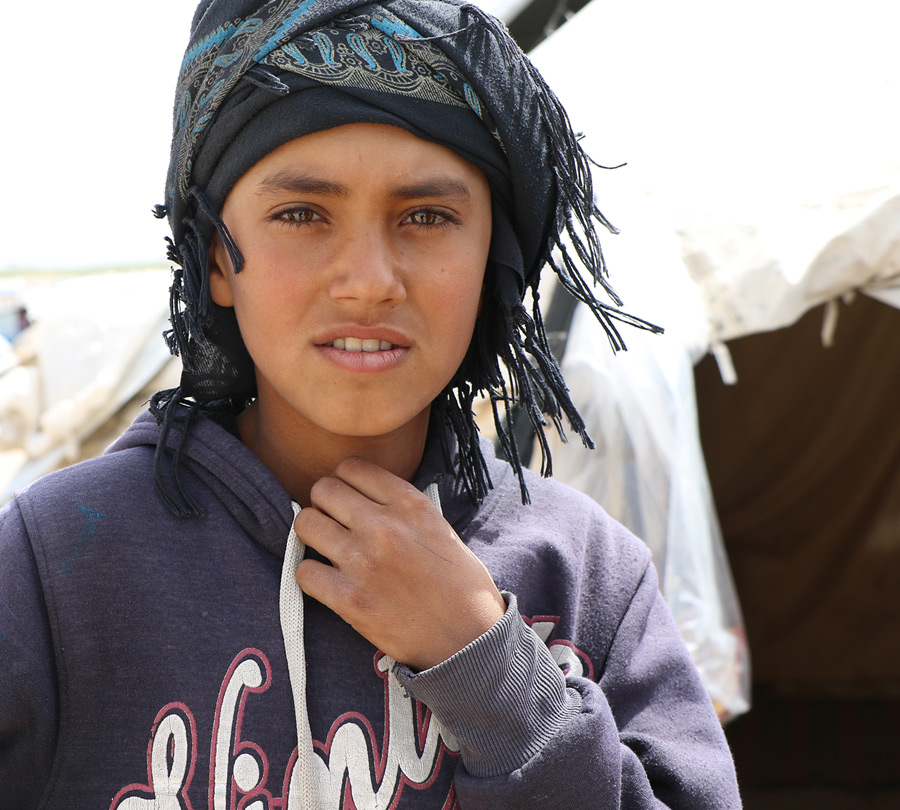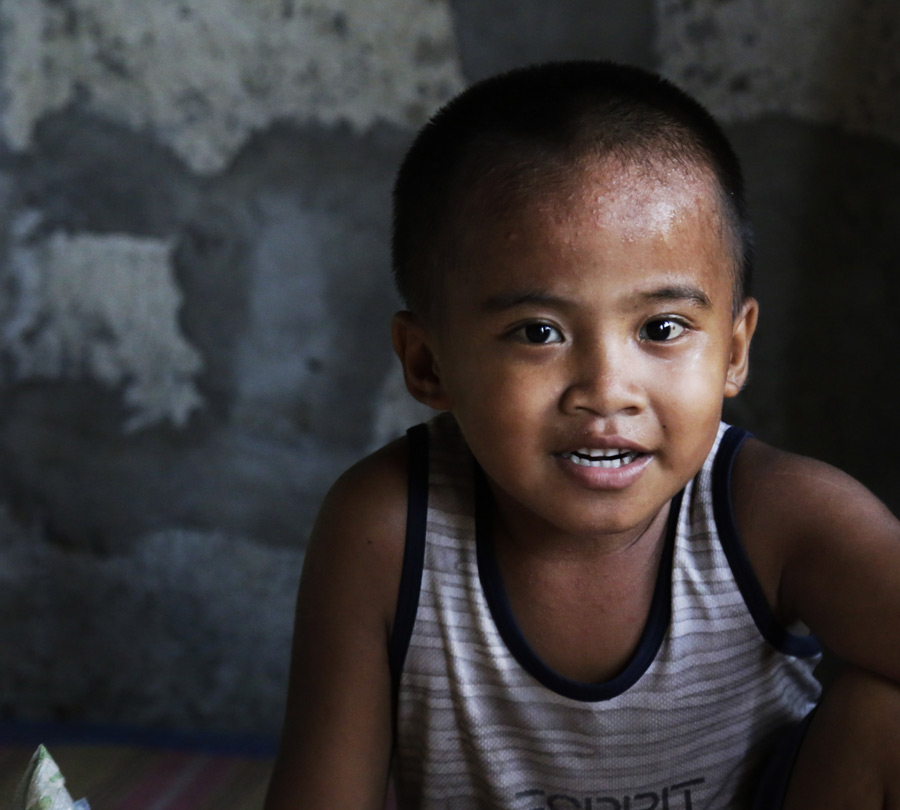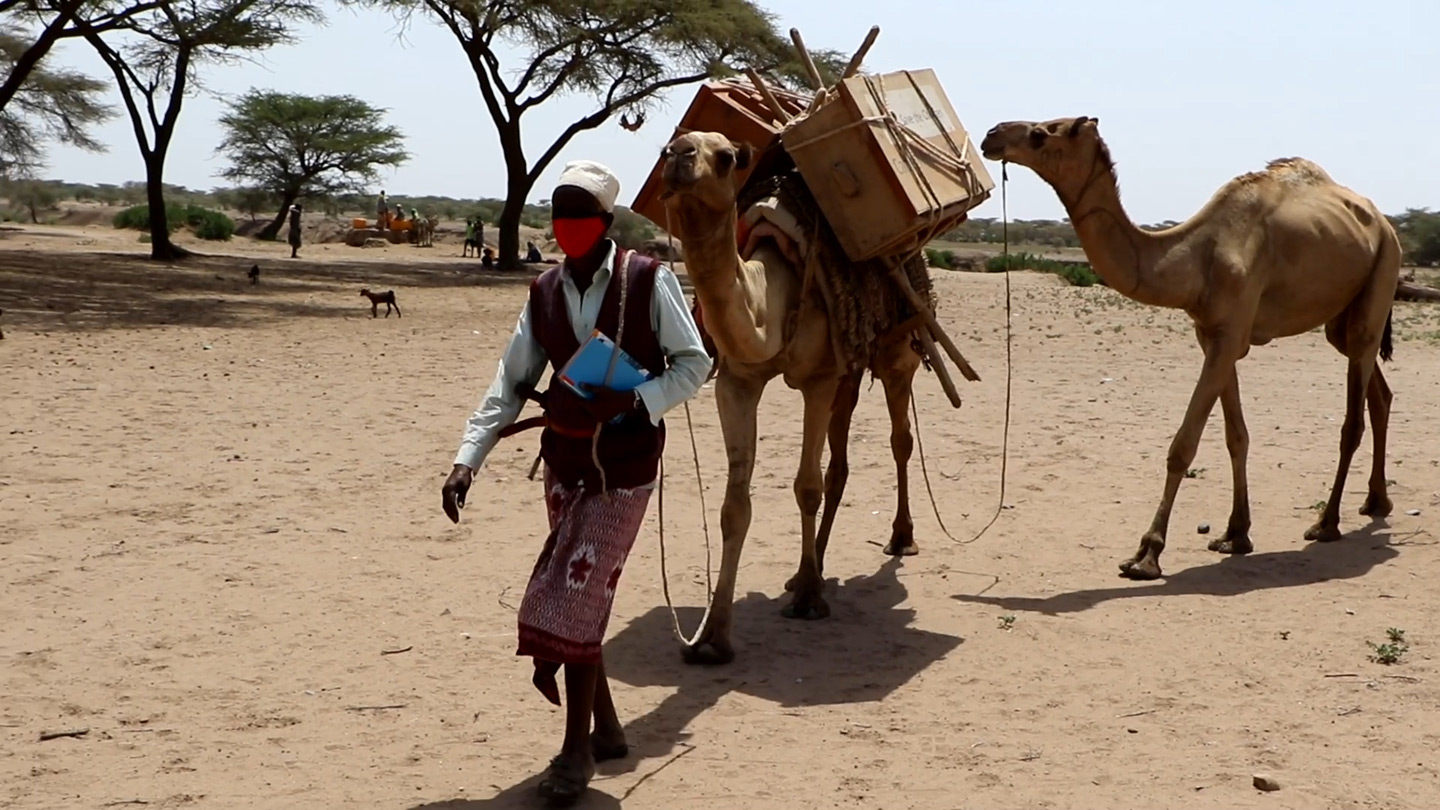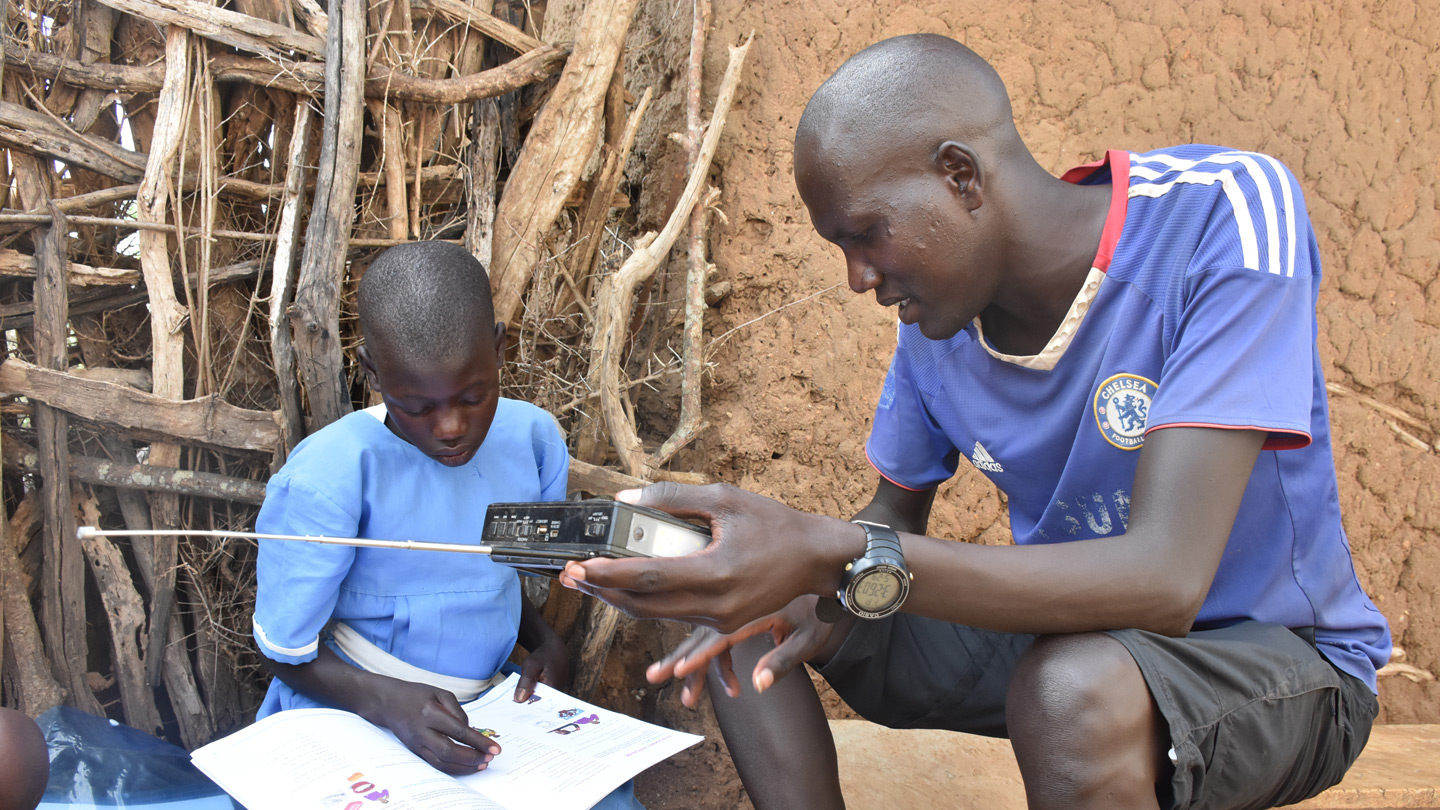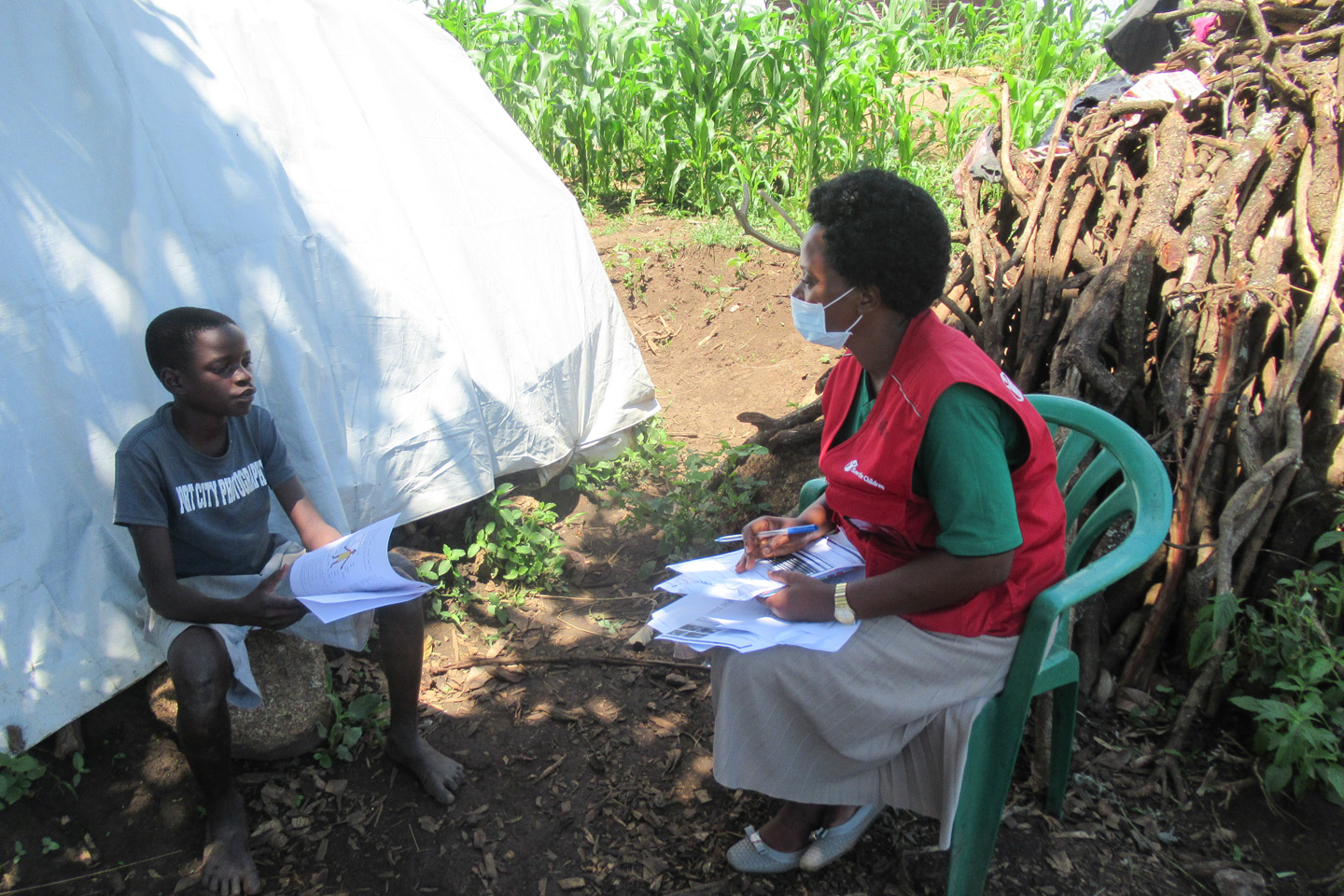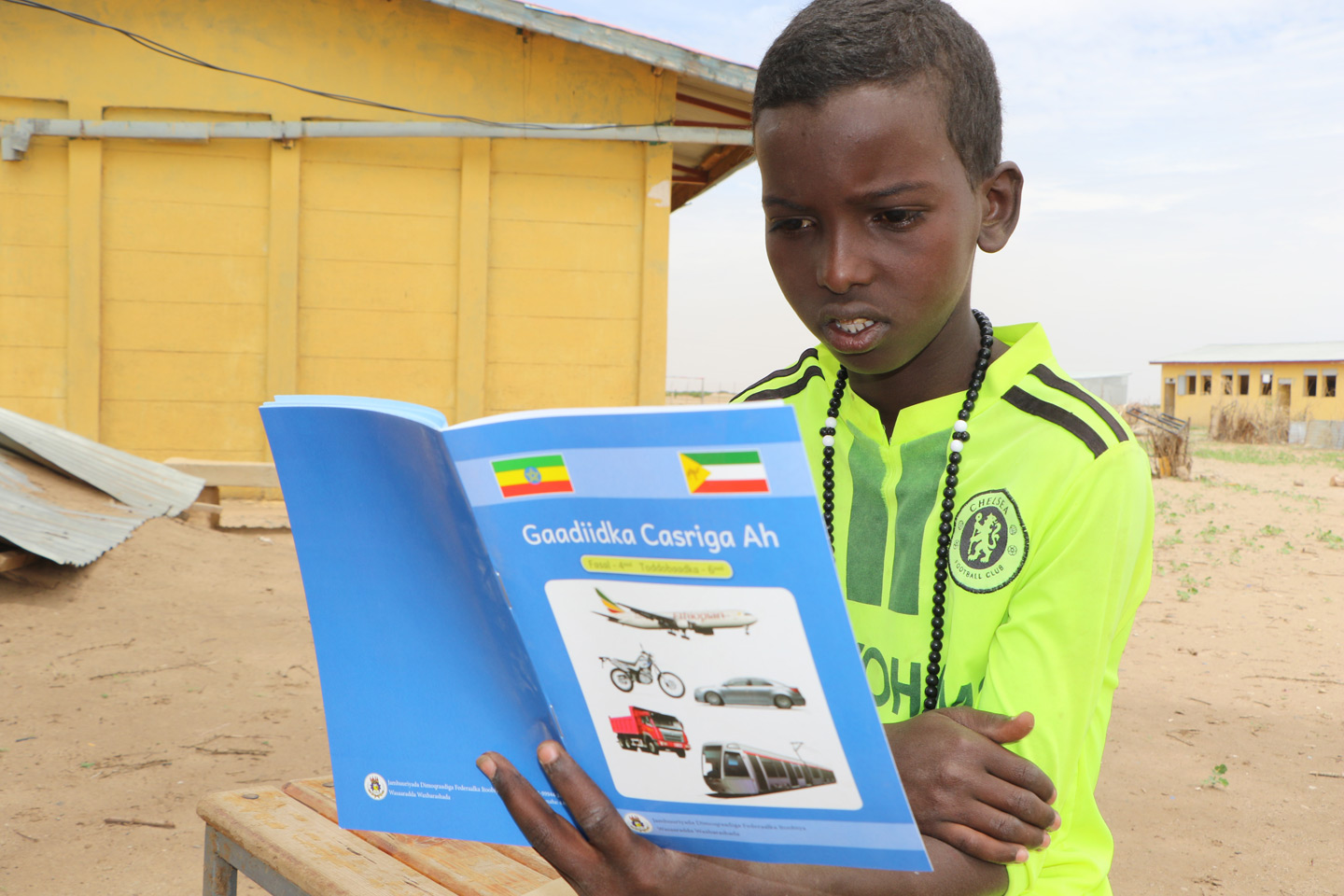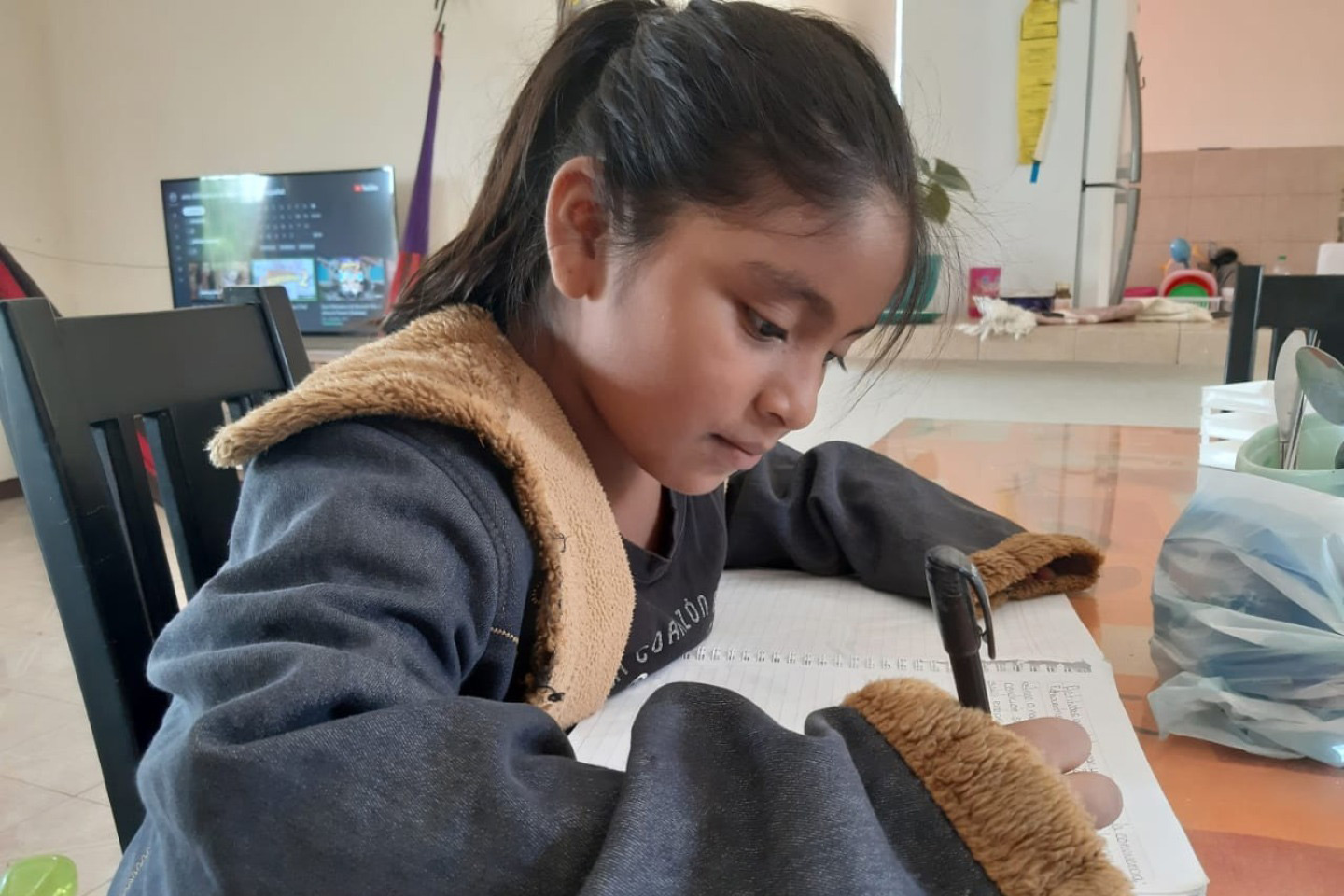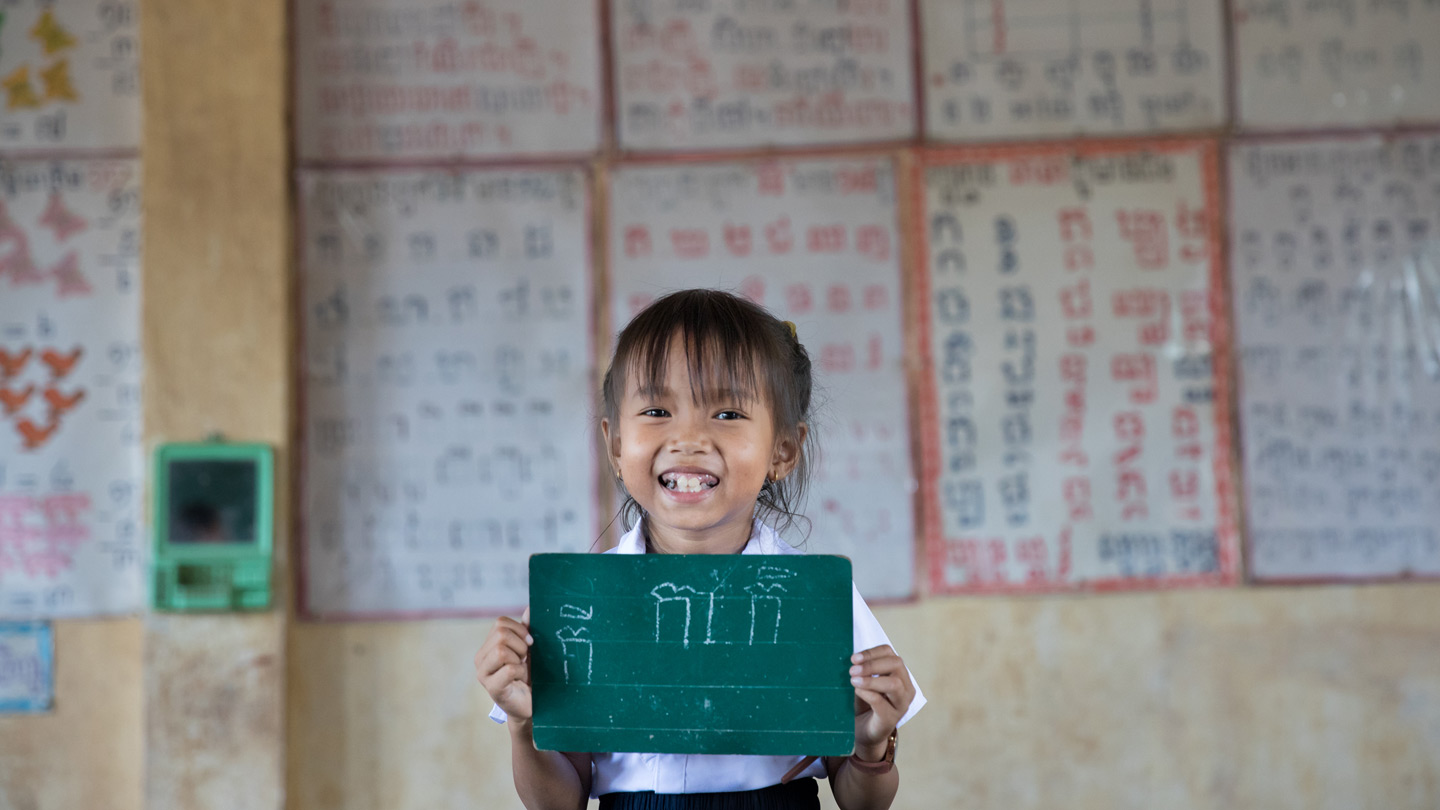New analysis from our report exposes the potentially huge gap in education funding due to COVID-19 and the countries most at risk of falling behind.
We know from previous crises that the longer children are out of school, the greater the risk that they do not return.
New analysis conducted by Save the Children examined which countries might be most at risk of an increase in school dropouts.
Our analysis identified 12 countries at extreme risk - Afghanistan, Chad, Cote d’Ivoire, Guinea, Liberia, Mali, Mauritania, Niger, Nigeria, Pakistan, Senegal and Yemen.
This comes at a time when education budgets are under pressure as governments shift spending towards the health and economic response to the pandemic.
